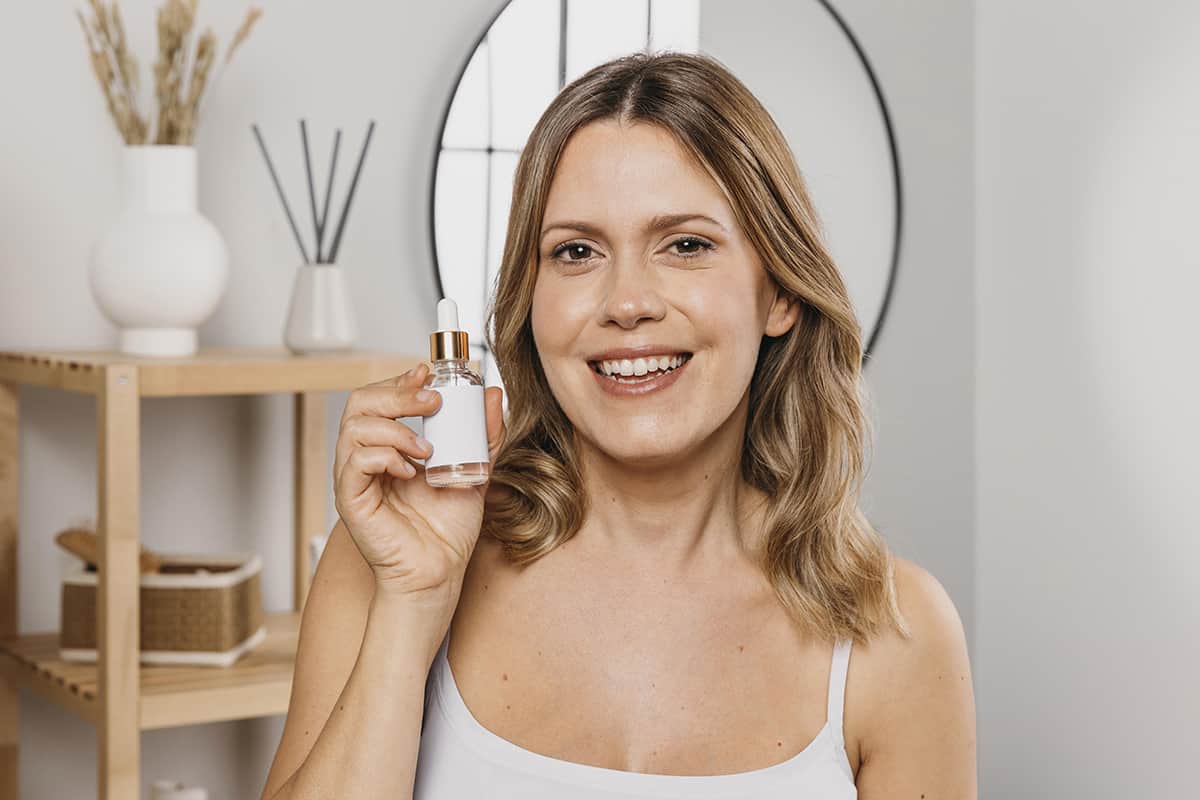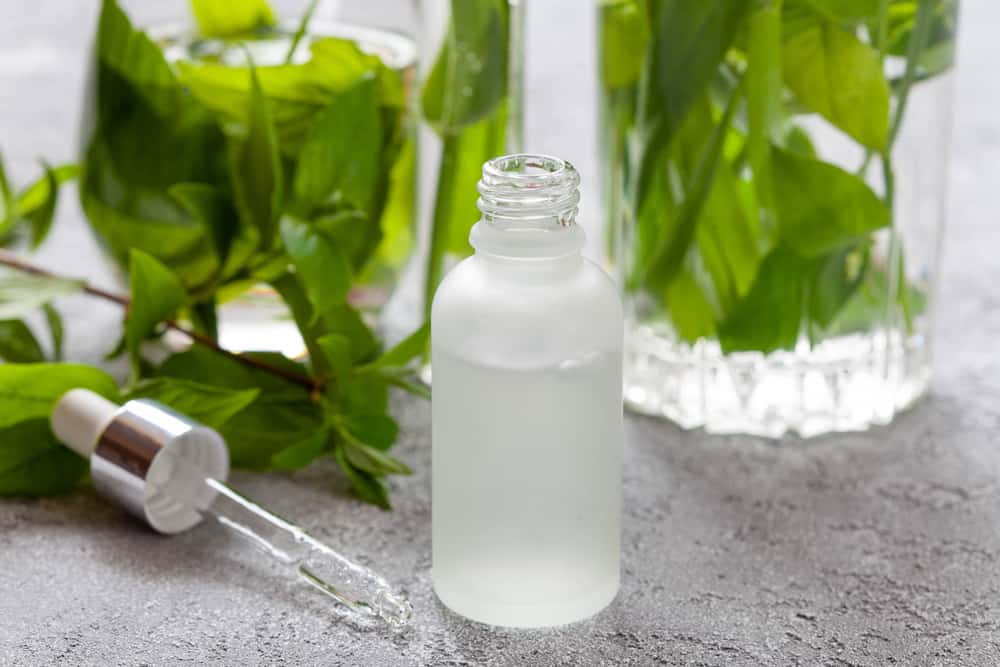Now is the time when many people switch up their skincare routine in preparation for warmer weather. For example, swapping out heavier winter creams for lighter, dewy creams are generally the first thing we tick off. When it comes to skincare goals, the word “glowing” seems to universally rank top of the list. What most of us don’t think about doing, though, is looking out for our skin from the inside out. Your skin is the largest organ that you have, so you want to take care of it. Here are 25 natural ways to maintain youthful, glowing skin. Your skin is the first layer of your immune system, serving as a shield between you and legions of germs such as viruses and bacteria. It also protects your insides from sun, cold, moisture, scrapes and cuts.
Of course, your sense of touch is crucial for everyday function. What does it mean when your skin is glowing? Glowing skin is when the skin is moist and soft—not dull, dry or flaky. Glowing skin is characterized by small pores, even complexion and clear skin without blemishes. Usually, glowing skin is because of increased blood supply to your skin that flushes blood to the surface and makes it appear rosy or glowing when reflected in the light. Increased blood flow also regulates temperature and may carry more waste or toxins to the sweat glands to where they can be cleared and cleansed through sweat. A major indicator of healthy skin is a natural glow. While you cannot hold on to your age, you can surely slow down the loss of glow and radiance from your skin.

1. Use serums to protect your skin
‘Serums are more concentrated than creams, so you tend to only need a small amount daily to see results,’ says Fran Cook-Bolden, Director of New York’s Skin Specialty Dermatology. They are also lighter and have the capability to absorb deeper into your skin. Look for serums that contain antioxidants, the skin’s major defense against free radicals and stress. The sequence in which you apply your products could be even more important than the products themselves.

Reach for your serums first, as they will contain the most active ingredients. If you’re using more than one active product (like an antioxidant serum and Retin-A), start with the thinner one. ‘Anything that’s water soluble should go first, followed by the product that’s thicker and creamier. If you do it in reverse, the heavier cream will block the ingredients of the lighter one from penetrating the skin, so they won’t have any impact.’ If you need moisturizer, it’s next up in line, followed up by SPF.
